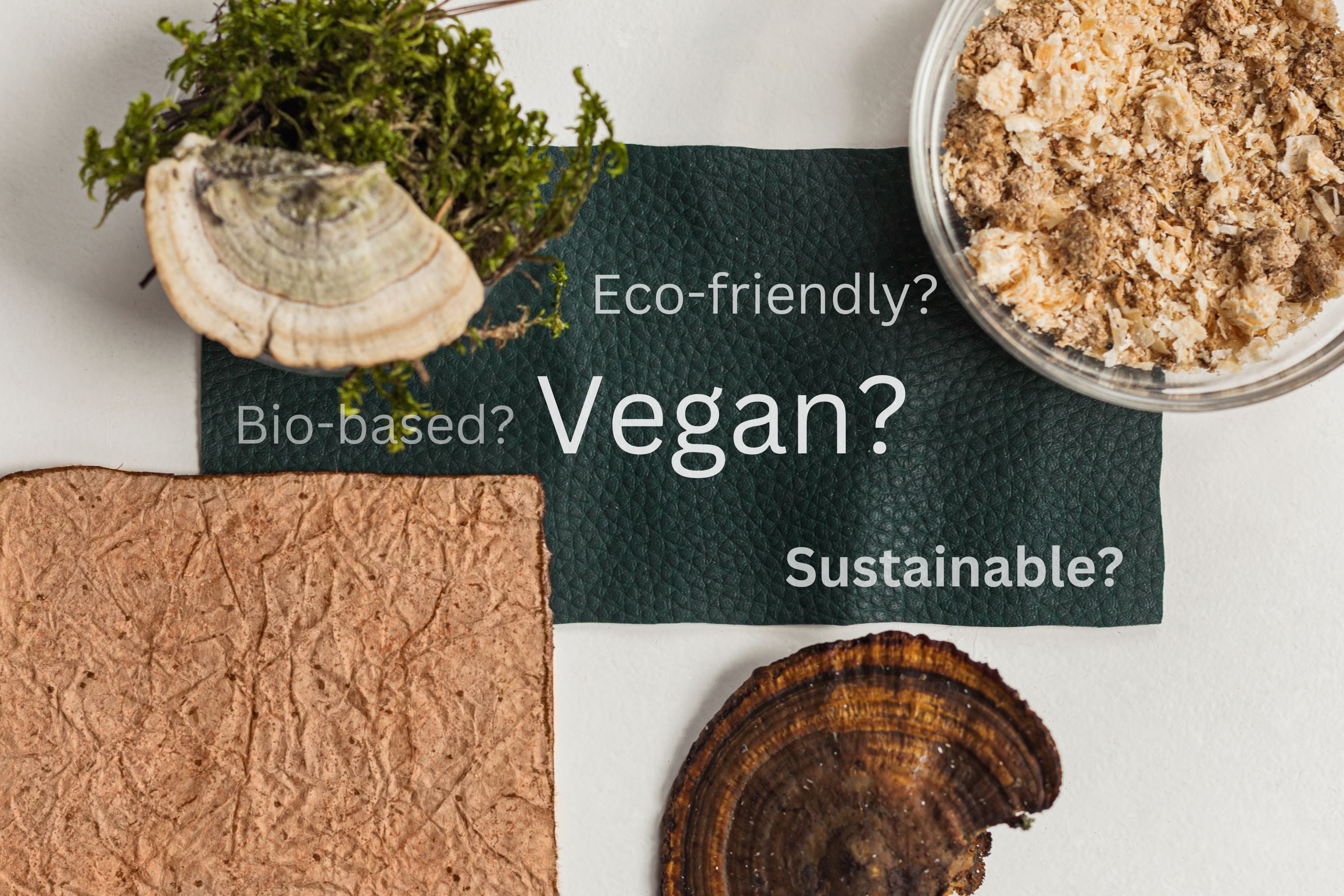Dear Time Resistance Community,
In the era of eco-conscious choices, where sustainability is at the forefront of consumer preferences, the popularity of vegan leather alternatives has soared. Proponents of these alternatives often tout them as a beacon of superior environmental consciousness. However, a recent in-depth study conducted by the A3 Leather Innovation Center at the Universidad de Lleida has cast a revealing light on these claims. Today, we delve into the intricacies of this study to unravel the truth about traditional leather and expose the myths surrounding the purported sustainability of vegan alternatives.

Biodegradability and Performance: Leather Reigns Supreme
The study, comparing seven different leather tanning methods, including synthetic alternatives made from cactus and pineapple, provides unequivocal results. Despite the marketing allure, none of the alternative materials, including the so-called "next-gen and vegan" options, match the biodegradability of traditional leather. Leather exhibited full or partial degradability within 21 to 35 days during composting, while alternatives showed no signs of decay even after 90 days. Additionally, leather outperformed in terms of resistance, breathability, and other physical qualities.

Greenwashing Exposed: Not All Alternatives Are Truly Green
While alternative materials often market themselves as eco-friendly, the study emphasizes a critical point – they are not necessarily as green as they claim. Many alternatives are composed, in whole or in part, of plastic derivatives. An independent study by FILK, a German research institute, categorically states that none of the nine alternative materials tested matches leather's performance and durability. Water vapor absorption and permeability were significantly lower in alternatives, exposing the true environmental impact of these supposedly green options.
Vegan Alternatives: Not as 'Bio-Based' as Advertised
Recent research conducted by Ars Tinctoria, in collaboration with the National Institute of Optics (CNR-INO) and the Leather Engineering and Chemistry Laboratory (LENS) at the Università di Firenze, unveils the actual composition of vegan alternatives marketed as 'bio-based' and environmentally friendly. The study, initiated in 2018, utilized advanced carbon-measuring machinery to analyze the carbon impact of various bio-based vegan materials, including leather, synthetic alternatives, and vegan substitutes. The revelation is clear – not all vegan alternatives live up to their 'bio-based' claims. While full grain vegetable-tanned natural leather exhibited a composition of nearly 100% biological materials, certain vegan alternatives fell short, with only 25% of their composition being bio-based.
Our Commitment to Sustainability: Full Grain Vegetable-Tanned Natural Leather
In contrast to the misleading marketing surrounding vegan alternatives, our choice of full grain vegetable-tanned natural leather stands out for its genuine sustainability. Unlike alternatives that may include plastic derivatives, our leather boasts a predominantly natural base without the addition of plastic components. The Genuine Italian Vegetable-Tanned Leather Consortium, of which we are a proud member, has conducted radiocarbon analyses confirming that our leather is composed of approximately 95% materials of biological origin.

As advocates for transparency, we are proud to introduce "Biobased By Nature," a two-stage program initiated by the Consortium. The program involves scientific research conducted by Ars Tinctoria to analyze the composition of materials and a public awareness campaign, "Floor," aimed at educating consumers about the real sustainability of leather and dispelling myths surrounding alternative materials.
Join us in celebrating the genuine sustainability of full grain vegetable-tanned natural leather. Stay tuned for updates and further insights as we continue to champion authenticity and responsibility in our industry.
Best Regards,
Time Resistance

